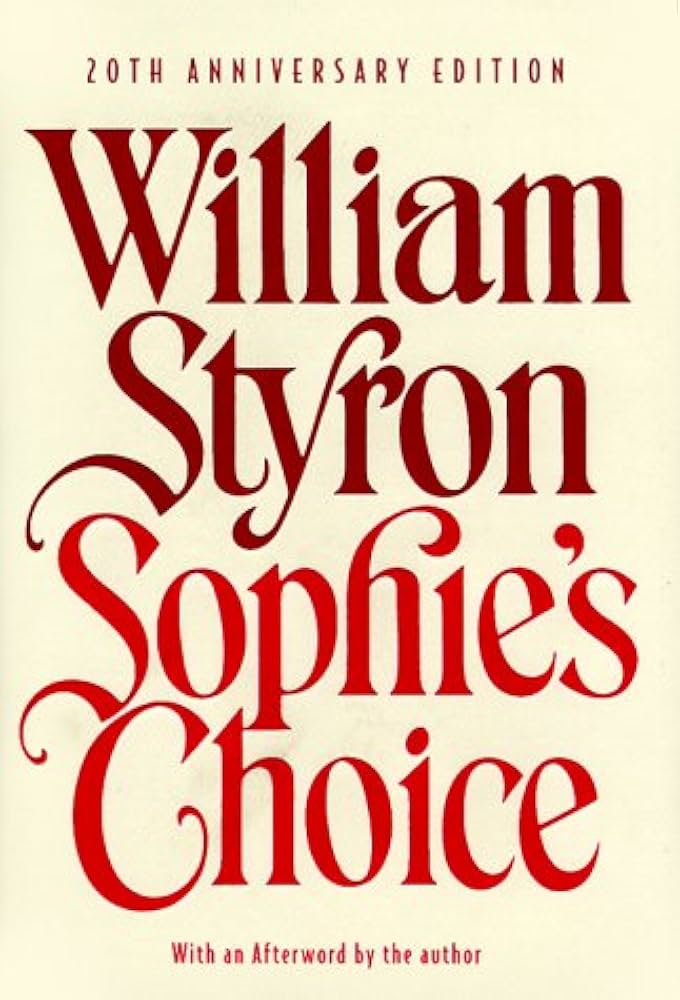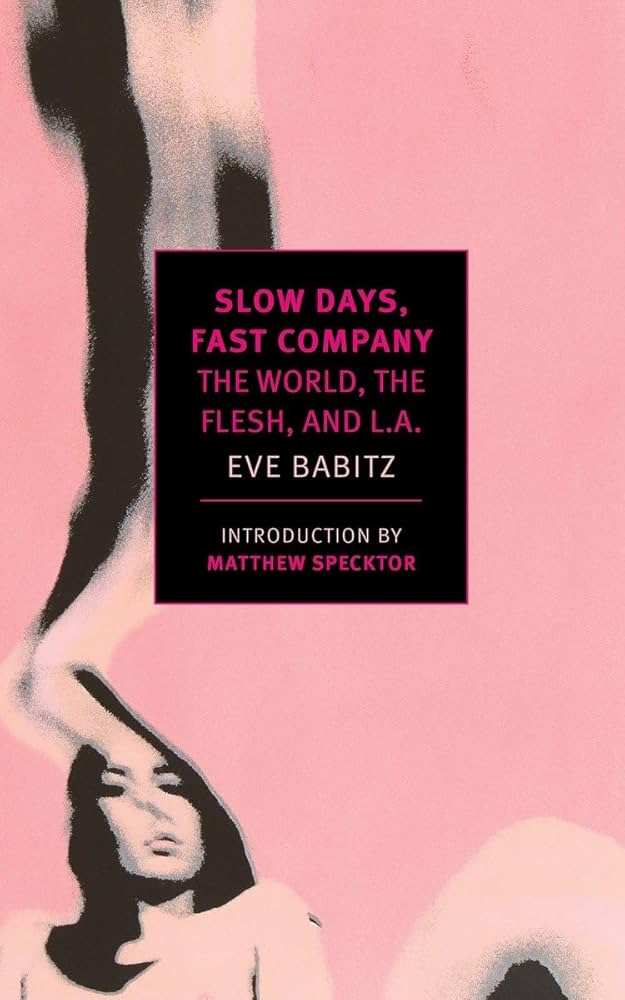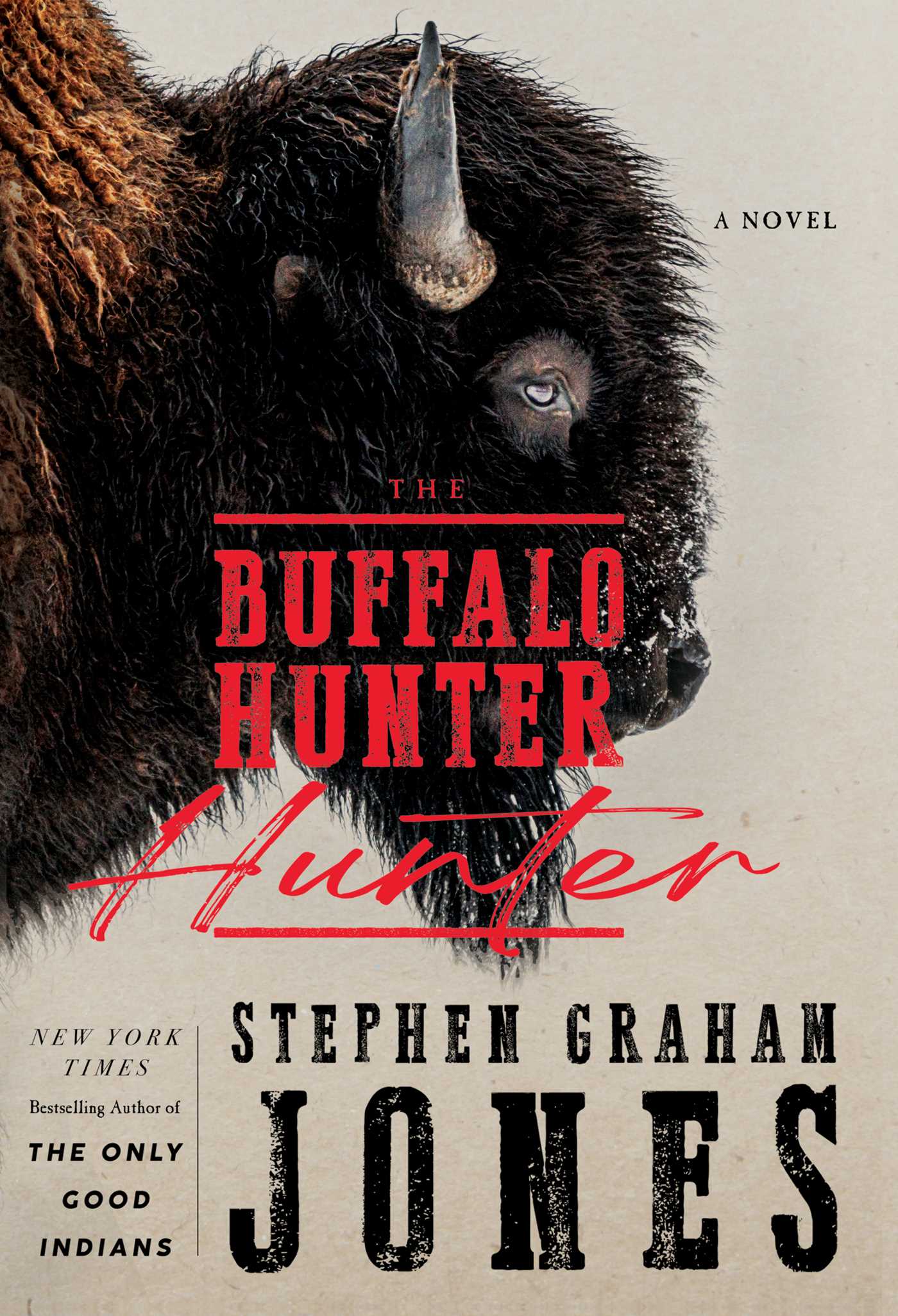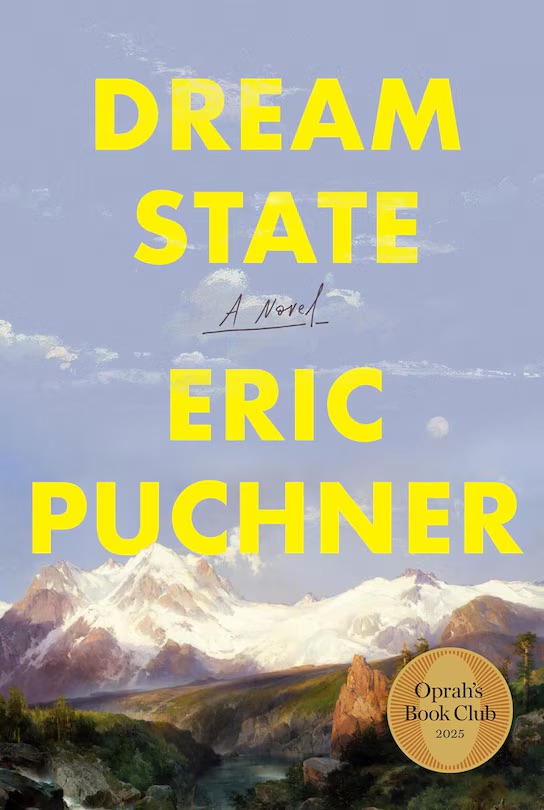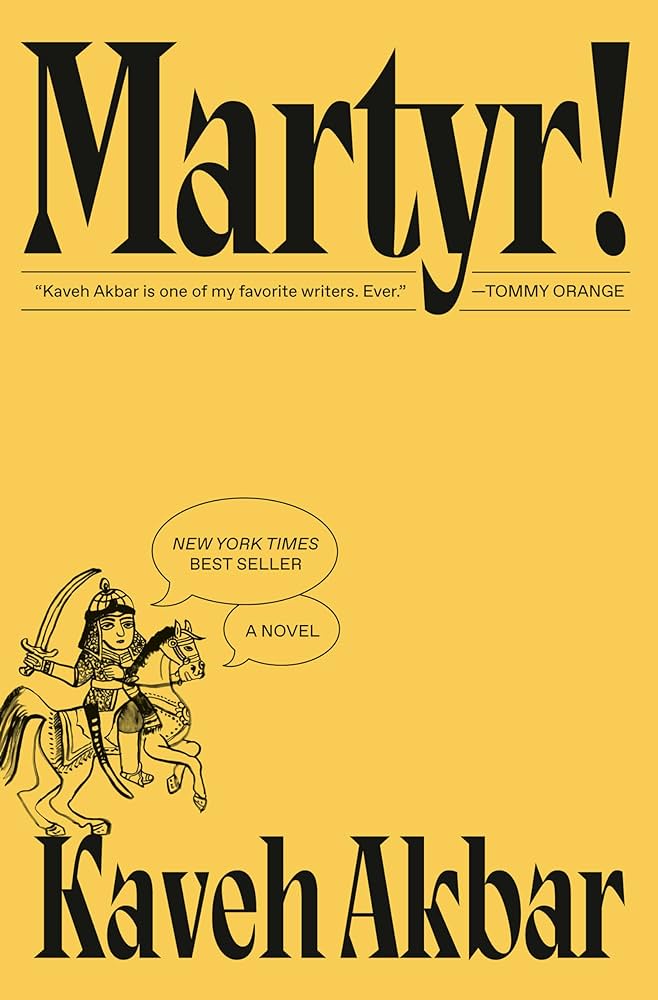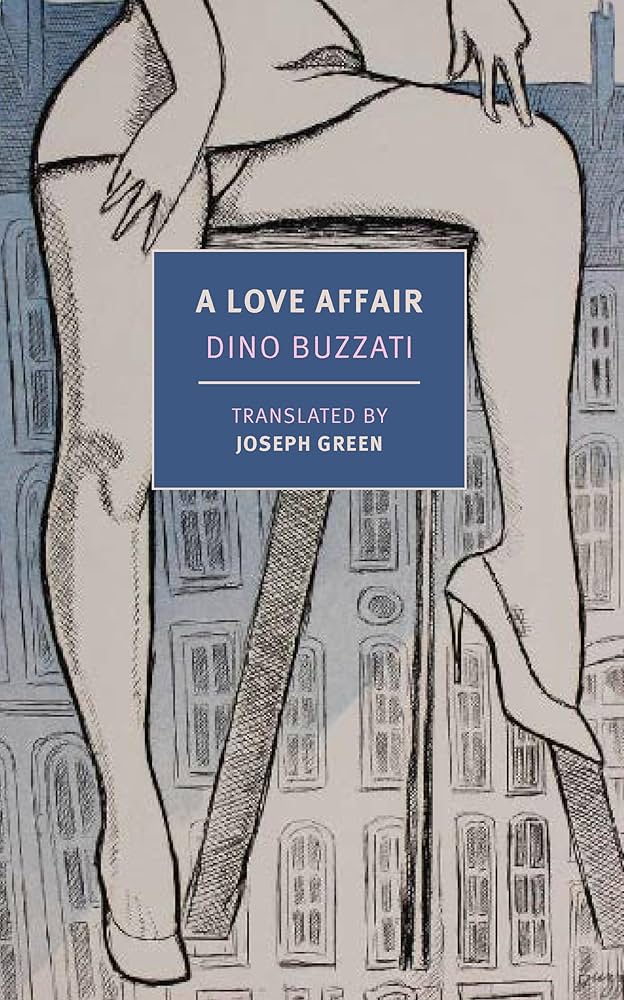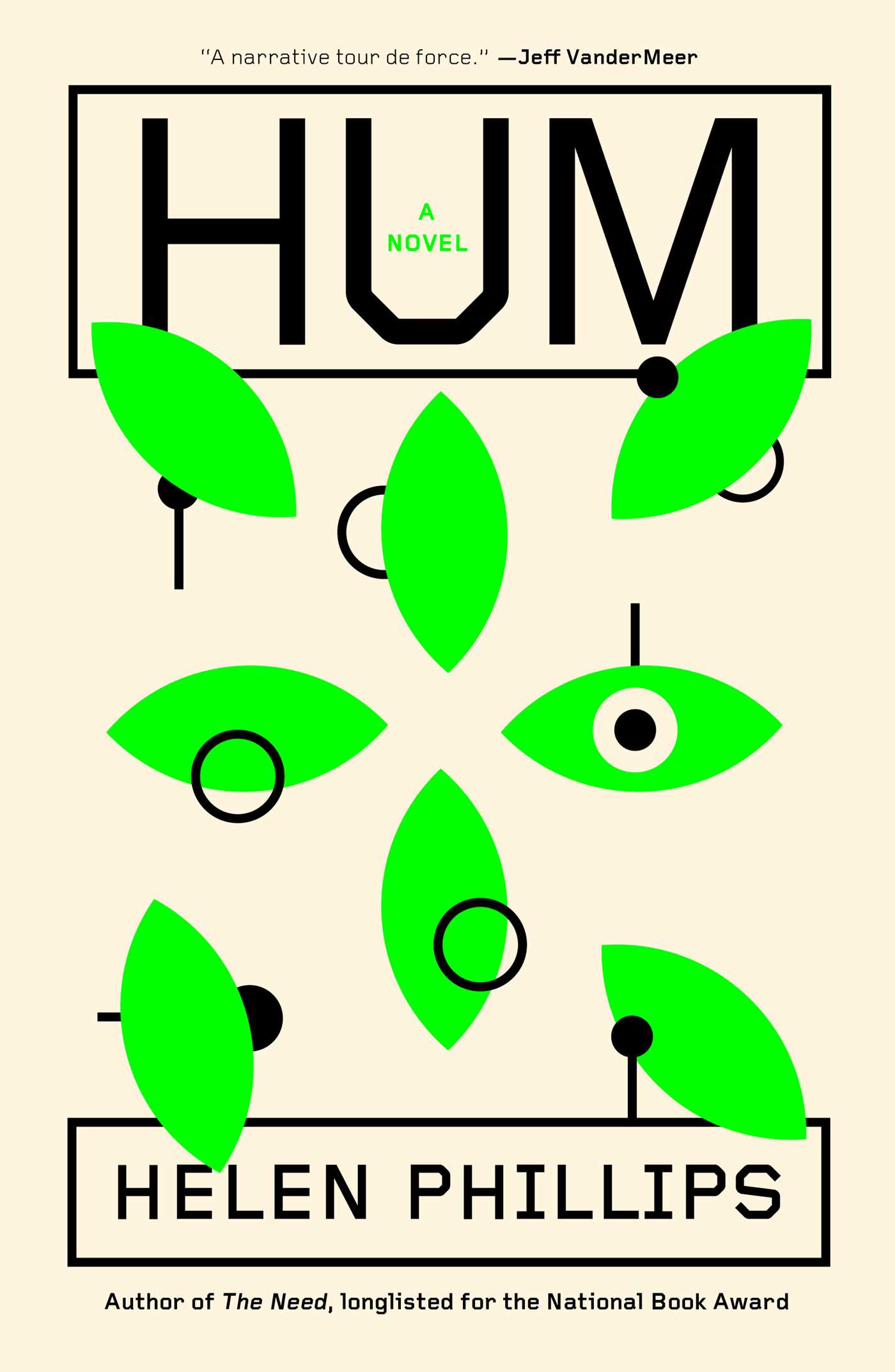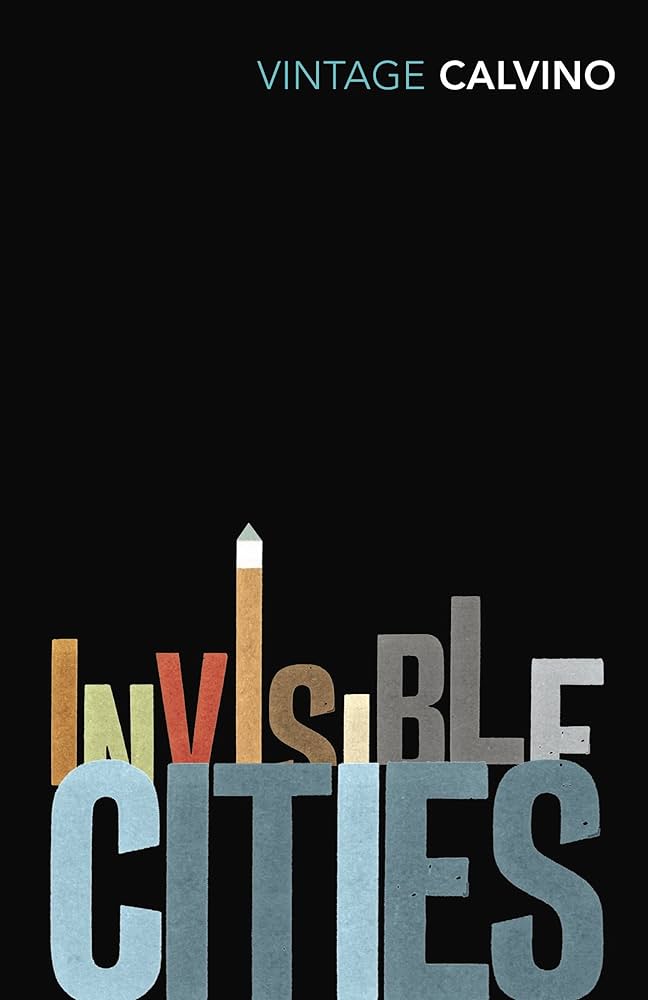Obviously Sophie’s Choice is a classic – it’s on almost every ‘Best Books of the 20th Century’ list that I’ve seen, the film adaptation won a bunch of awards, and even the title of the book has become a commonly used metaphor.
It’s narrated by Stingo – a poorly disguised version of Willam Styron himself – and tells the story of a brief but action-packed part of his 20s, living in a rooming house in Brooklyn. Nathan and Sophie are two housemates. The book tells a few stories: the coming-of-age of Stingo, a southern kid trying to make it as a writer in New York in the aftermath of WWII, the terrifying and volatile relationship between he and his housemates, and Sophie’s history in Auschwitz. It seems weird to worry about spoilers for a book that’s more than 40 years old, but if you don’t know, I’m not gonna be the one to tell you.
Styron is verbose – my edition of the book is over 500 pages — and it seems a lot of the critical reviews are from readers who don’t enjoy the writing. It shares some DNA with A Prayer for Owen Meany (or other great Irving novels): long, frequently horny digressions, rambling recountings of things that are only tangentially related to the plot. The sex (or pursuit of sex, anyway) in the book sometimes pushes the boundaries of taste — a couple of sentences stand out as shockingly inappropriate even considering when it was written. It’s a book that requires patience and trust in the author, and a certain amount of life experience. I think I would have given up on this about 50 pages in if I’d read it in my 20s.
This piece in the New Yorker by his daughter Alexandra Styron (archive) is an incredible read that sheds some light on the book, and goes a good distance to connecting Styron to Stingo. It’s certainly made me want to chase down other books from Styron. I hadn’t read anything by him until now, but he’s now at the top of the used bookstore checklist.
Styron’s personal life was not easy, and he was not an easy person to be around. He suffered from deep depression and wrote about it, but the toll it took on his family was severe. From the New Yorker piece:
The sorrow, fear, and guilt that Daddy had held at bay for half a century were never truly banished again. They humbled him, exposing a vulnerable, needy penitent who was sometimes, frankly, hard to bear. At the height of his sickness, Daddy raved about all his misdeeds, rued his rotten and irremediable heart. He begged us all to go away, to leave him in his solitary shame. “You have to divorce me,” he urged my mother, worried that his medical care would leave the family bankrupt. He wanted, he said, to die alone, in the manner he deserved. At the same time, he made uncharacteristic declarations of love for each of us and gratitude for our forbearance. Watching one’s father go mad is both scary and dislocating. But Daddy’s self-recrimination also neutralized some of my strongest feelings about him. The simmering adolescent anger cooled, giving way to a kind of bewildered pity. I think it’s safe to say that we all felt this way to varying degrees; it’s hard, after all, to be pissed off at a guy who is suffering so terribly, and who hates himself so much.
Whether or not you’ve read the book, if you’re close so someone suffering from mental illness or addiction, there is a lot to relate to there. The piece is brilliantly written and will stay with you long after reading it, just like Sophie’s Choice. Here’s another bit:
I never told my father that I read the book, or about the man I discovered in the pages of “Sophie’s Choice.” Not only the one who, like Stingo, “wanted beyond hope or dreaming to be a writer” but the man who became one. I wanted to tell him what I knew, but I didn’t. As I walked through the park, I thought about how you always believe that there will be more time. You always think that you’ll find the courage, tomorrow, to speak the truth.
Read the book, read the piece by the daughter. Hug your kids. Take care of yourself.

